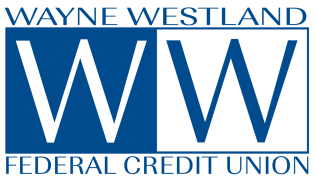 There is a classic Jack Benny line from one of his comedy skits that while walking down a street, a robber sticks a gun in Benny’s back and says, “Your money or your life?” As the miserly Benny pauses to ponder the question and formulate his answer, the impatient robber warns “Well?” Benny blurts, “I’m thinking. I’m thinking.”
There is a classic Jack Benny line from one of his comedy skits that while walking down a street, a robber sticks a gun in Benny’s back and says, “Your money or your life?” As the miserly Benny pauses to ponder the question and formulate his answer, the impatient robber warns “Well?” Benny blurts, “I’m thinking. I’m thinking.”
Less whimsically, an annual examination of one’s personal financial health is no less significant than the wisdom in having an annual physical exam by a doctor. Better yet, congress recently mandated that every American citizen is entitled to one free credit report annually. Why not go to www.annualcreditreport.com follow the instructions, and download your credit report now.
What’s within the report beyond your personal financial behavior may indicate considerable clean up of erroneous information. Your credit score is a complex mathematical model used by the three major consumer reporting companies Experian, Equifax and Transunion to evaluate many types of information fed and constantly updated by a host of businesses you have conducted business with including financial institutions, insurers, credit card issuers and collection firms if missed debt payments and sloppy bill paying exist. In fact, so much personal and financial data routinely pour into these credit reports that if left uncorrected, lending institutions who deem the reports as gospel may decide not to lend any money.
It may be best to request credit reports from all three consumer reporting services. As stated before, be advised you are entitled to one free credit report annually. Then, as you read each report, circle typos, incorrect addresses, employment and account status. Next, understand the ‘dispute guidelines’ for each credit report company and follow them implicitly. These disputes can take up to 6 months to be stricken from your credit report, so if you are contemplating borrowing money any time soon, start disputing.
Physical, financial, career and spiritual health are all entwined. Your perseverance to improve in all areas will pay huge dividends down the road.





